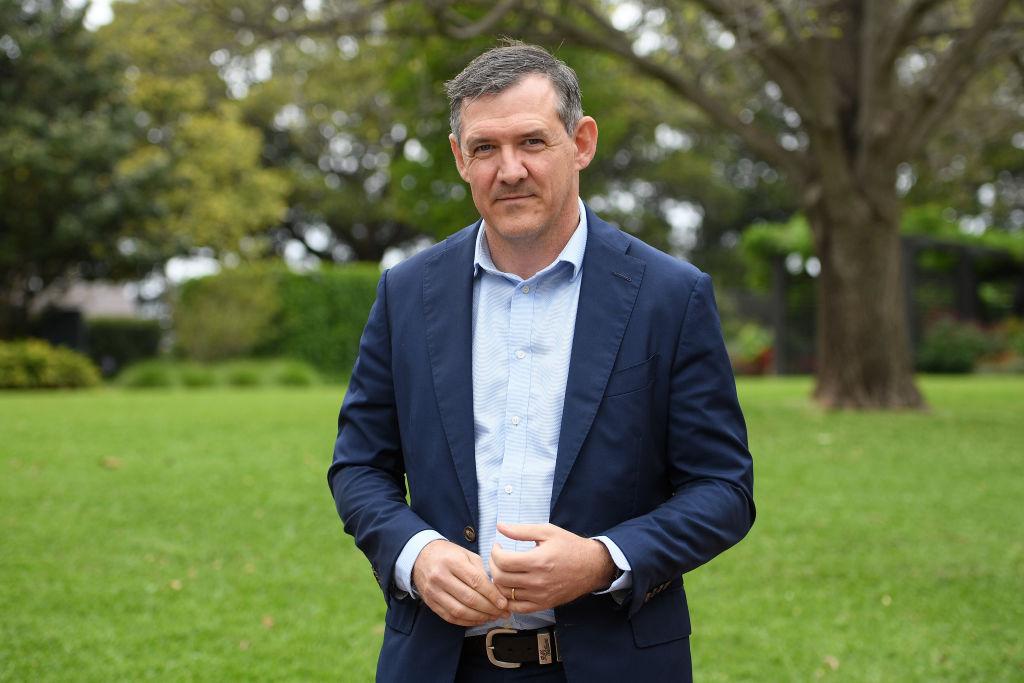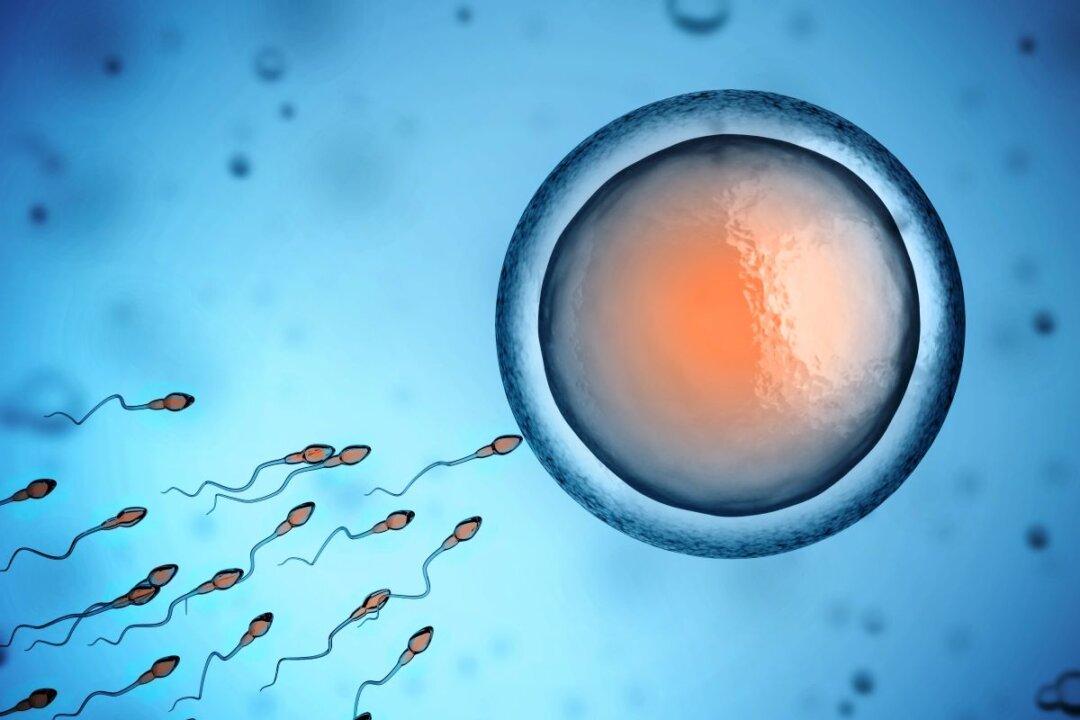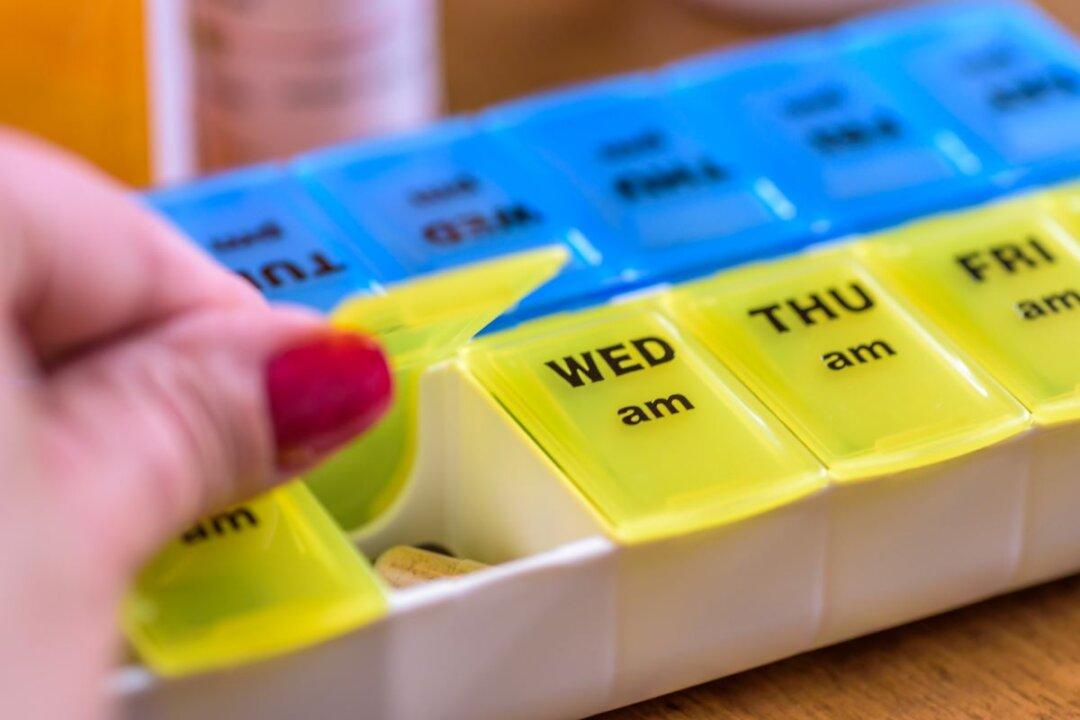Northern Territory (NT) Chief Minister Michael Gunner has provided an explanation as to why entry restrictions to the Australian territory have been removed despite having previously taken a hard line on COVID-19 vaccination status and testing.
In a statement released over the weekend, Gunner said that the Omicron variant of the novel coronavirus is now widespread throughout the territory and so the government is redirecting health and police resources to where they are most needed in a proportionate manner.





